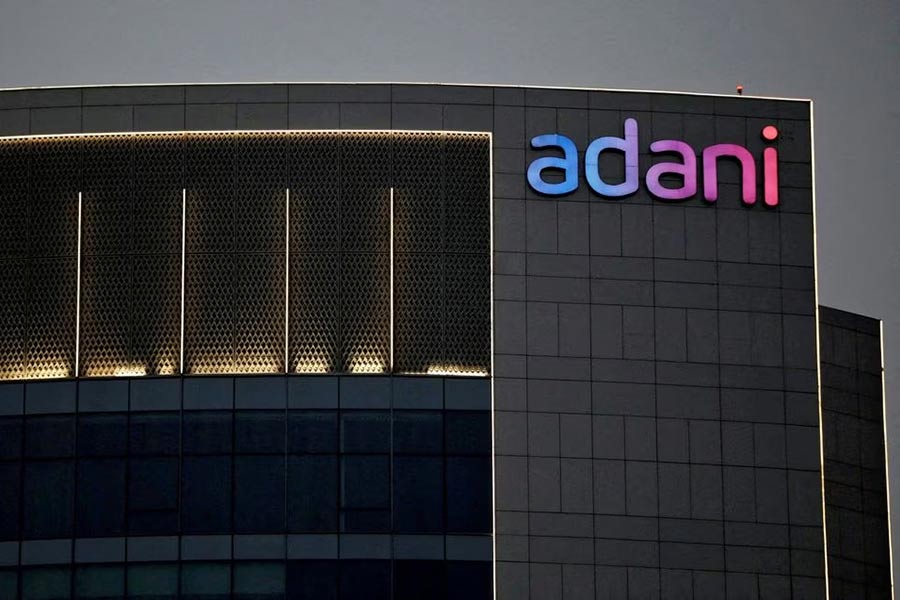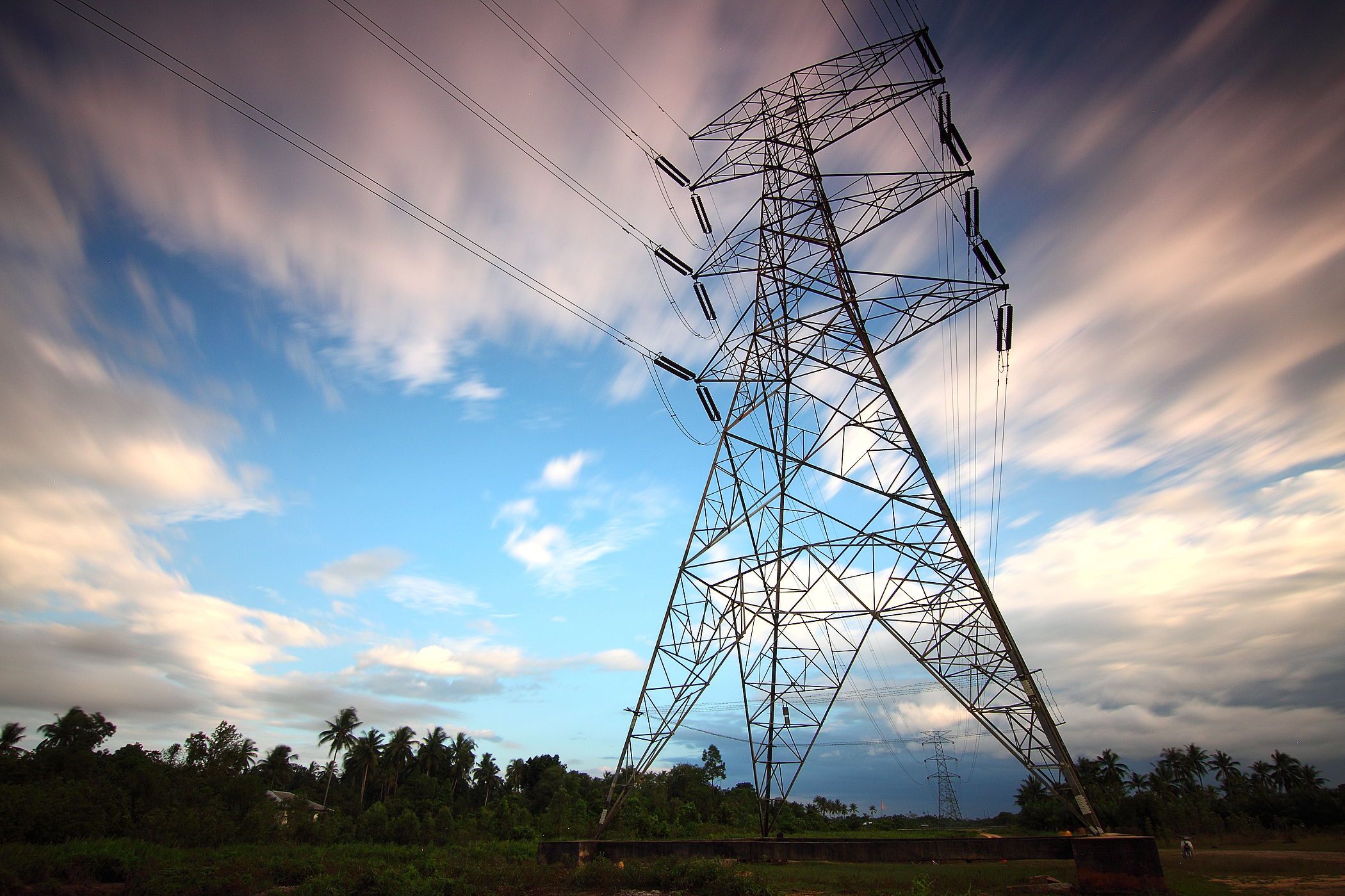Restoring power to the people: A step towards a fair energy pricing system
A major issue is the inefficiency within companies like BPC, where operational problems, such as fuel leakages, are passed on to consumers through higher prices. FILE PHOTO: REUTERS
Exactly 10 days after taking office, the interim government of Bangladesh made a significant shift in the power and energy sector by announcing the discontinuation of the Quick Enhancement of Energy and Power Supply Act, 2010 and the cancellation of its executive authority to raise power and gas prices without a public hearing by the Bangladesh Energy Regulatory Commission (BERC). This much-needed shift towards transparency and accountability repeals the controversial clause, which allowed the Ministry of Power, Energy and Mineral Resources to unilaterally set energy prices, and will help restore BERC's authority. This reinstatement of public hearings marks a return to democratic principles in energy governance and reflects a broader commitment to safeguarding consumer interests.
For nearly two years, Bangladeshi consumers have suffered under an executive system that gave the government unchecked power to set energy prices without their input. The 2022 amendment to the BERC Act was intended to stabilise energy supply and address economic needs quickly. Instead, it led to repeated price hikes, straining household budgets and causing widespread dissatisfaction. In 2024 alone, the former government raised electricity tariffs four times without offering any public justification.
The now-repealed Section 34 (A) of the BERC Act bypassed the regulatory oversight intended to check government power, undermining transparency and public participation. By sidelining BERC, the government weakened the commission's role as a regulatory authority and eroded public trust. Without public hearings, consumers felt powerless and excluded, leading to a sense of injustice and disenfranchisement.
Repealing the ministry's price-setting powers and reinstating BERC's role is more than just restoring procedure—it represents a commitment to public involvement in crucial decisions. This move underscores the government's dedication to transparency and good governance, particularly in the energy sector. However, while reintroducing public hearings is a positive step, it alone cannot ensure fair or rational energy pricing. The existing challenges, along with BERC's diminished authority since the 2020 amendments, raise doubts about the effectiveness of this approach in truly serving the public interest.
In addition to electricity and gas prices, BERC should also take responsibility for setting fuel oil prices, a role currently held by the Bangladesh Petroleum Corporation (BPC). BPC's dual role as both the sole importer and regulatory authority raises concerns about the credibility of its price determinations, especially for petrol, diesel, octane, and kerosene. Since BERC already regulates the price of imported LPG, extending this responsibility to other fuels would be a logical and necessary step.
Public hearings enhance transparency by involving stakeholders in the price-setting process, but transparency alone does not guarantee rational tariff outcomes. Anomalies in the financial accounts of public authorities raise questions about financial transparency and credibility. The data provided, especially by the BPC, must be rigorously scrutinised to ensure it reflects the true financial state of the energy sector. Concerns are growing that information from BPC and the Bangladesh Power Development Board (BPDB) may not be accurate, with discrepancies in financial reports potentially leading to misguided decisions.
A major issue is the inefficiency within companies like BPC, where operational problems, such as fuel leakages, are passed on to consumers through higher prices. These inefficiencies should not become a public burden. Instead, they must be measured, reported, and resolved at the source to ensure that price adjustments reflect actual costs, not the inefficiencies of the providers.
To achieve true fairness and effectiveness in energy pricing, BERC's original powers from the 2003 act must be reinstated. Before the 2023 amendments, BERC had the authority to conduct energy audits, enforce standardisation, introduce competitive bidding, and hold both government and private entities accountable. The legislative weakening of BERC has significantly undermined its role as an independent regulator. To ensure an effective energy transition, these crucial powers must be restored.
Additionally, competitive pricing should align with international market standards to ensure that Bangladesh's energy prices reflect global trends. Pricing mechanisms must also account for the broader impact on the transport and power sectors, which are heavily reliant on energy costs. Any new pricing structure should be implemented with careful consideration of its ripple effects across these critical sectors to avoid unintended economic disruptions.
Helen Mashiyat Preoty is senior research associate at the Centre for Policy Dialogue (CPD).

thefinancialexpress.com.bd





